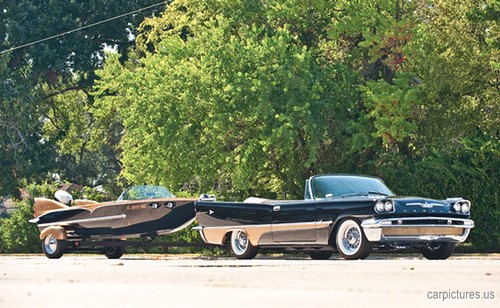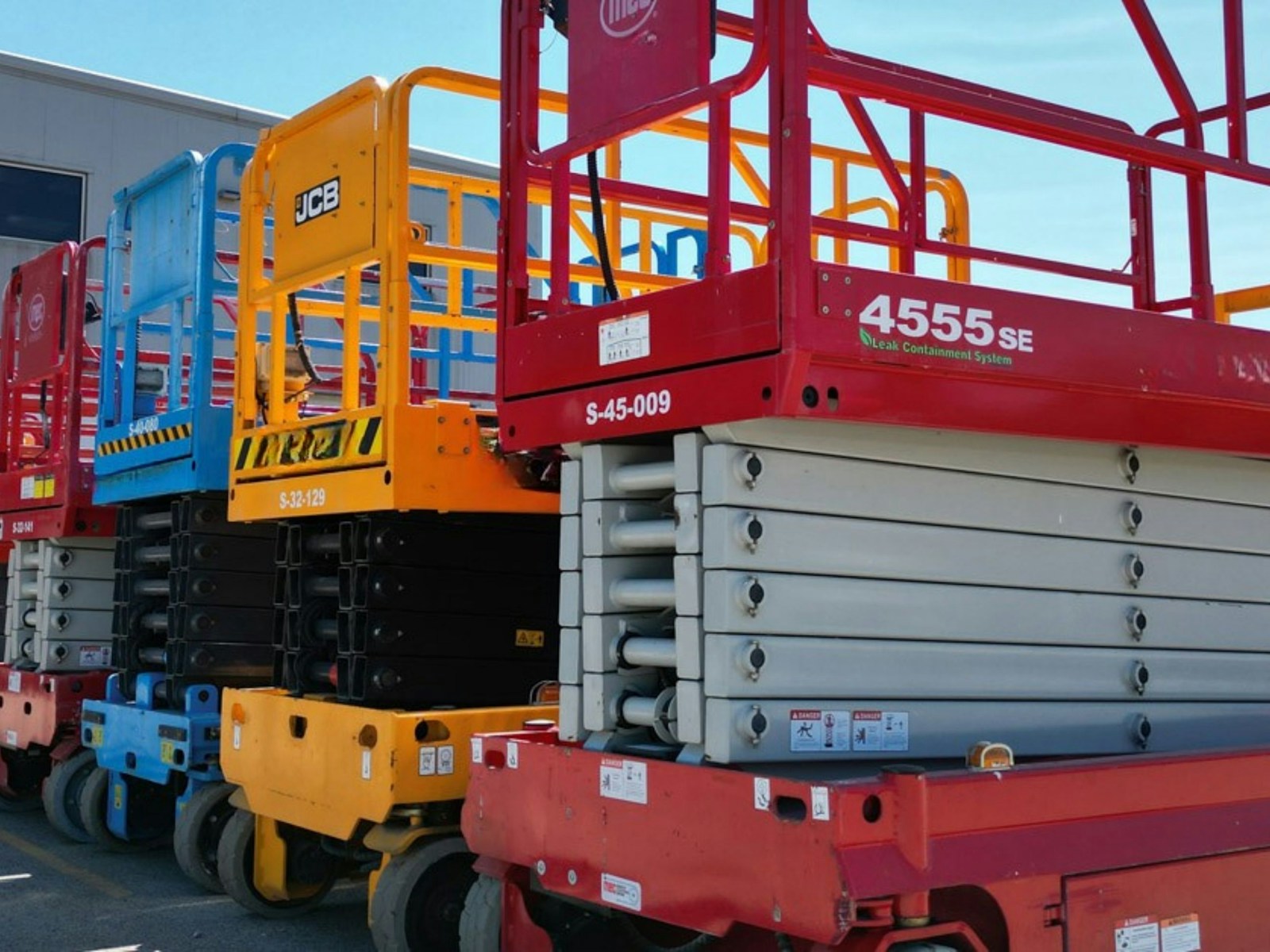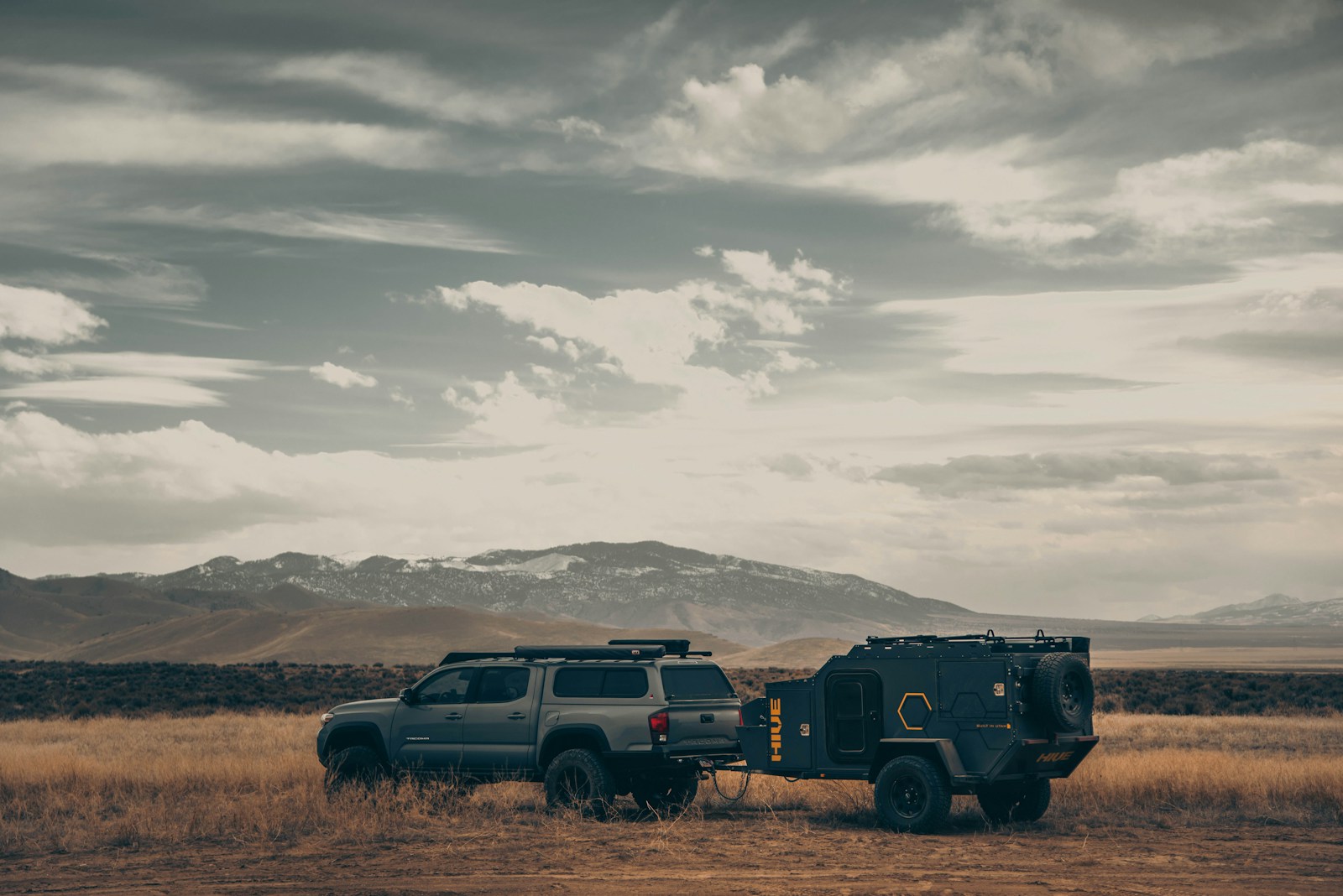Are you in the market for a trailer but feeling overwhelmed by the sheer variety available? Whether you’re hauling construction materials, livestock, or recreational vehicles, choosing the right trailer is crucial for safety and efficiency. This comprehensive guide will break down the different types of trailers, their uses, and key safety features, helping you make an informed decision.
There are many different trailers designed for specific loads and purposes, so selecting the right one for your needs is essential. Plus, we’ll highlight how Interstate Haulers can be your top choice for reliable and efficient hauling services.
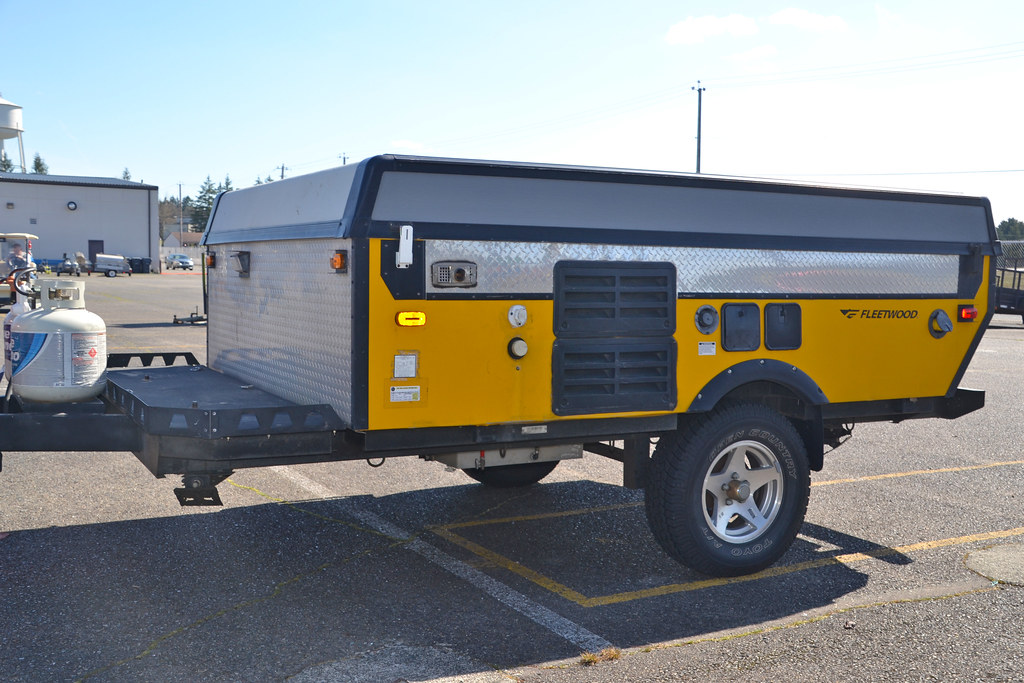
Introduction to Trailers
Trailers are indispensable for anyone needing to move goods, equipment, or vehicles efficiently and safely. Whether you’re a contractor hauling construction materials, a landscaper transporting supplies, or an outdoor enthusiast moving recreational vehicles, there’s a trailer designed to meet your needs.
With so many trailer types available—such as enclosed trailers for secure cargo, dump trailers for easy unloading, utility trailers for everyday tasks, and flatbed trailers for oversized loads—choosing the right trailer is essential for both safety and productivity.
Understanding the differences between equipment trailers, gooseneck trailers, and horse trailers can help you match your hauling requirements to the best trailer type.
The right trailer not only makes transporting materials easier but also ensures your cargo arrives safely and your towing experience is smooth. In this guide, we’ll explore the wide world of trailers, highlighting their unique benefits and helping you find the perfect match for your specific needs.
Types of Trailers: Which One Do You Need?
Trailers come in a wide range of shapes and sizes, each designed for specific hauling purposes. Whether you’re moving vehicles, transporting equipment, or heading out on a camping trip, understanding the different types of trailers can help you choose the right one for the job.
Here’s a breakdown of the most common types of trailers and their typical uses:
- Utility Trailers – Open trailers used for general-purpose hauling like landscaping materials, small vehicles, or equipment. Utility Trailers Overview – Big Tex Trailers
- Enclosed Trailers – Provide protection from the elements; ideal for transporting goods, tools, or motorcycles. What Is an Enclosed Trailer – Renown Cargo Trailers
- Car Hauler Trailers – Designed specifically for transporting vehicles, with open or enclosed options. Choosing a Car Trailer – PJ Trailers
- Dump Trailers – Equipped with a hydraulic lift to easily dump materials like gravel or debris. Dump Trailer Basics – Nationwide Trailers
- Flatbed Trailers – Feature an open, level platform for large or bulky items like lumber, steel, or equipment. Flatbed Trailer Guide – Trucking Truth
- Gooseneck Trailers – Offer enhanced stability and weight distribution, typically for heavy-duty hauling. What Is a Gooseneck Trailer? – Big Tex Trailers
- Fifth-Wheel Trailers – Commonly used in RVs, they attach over the rear axle of a truck for better control. Fifth-Wheel Towing Explained – Keystone RV
- Horse Trailers – Specially designed to transport horses safely with features like dividers and ventilation. Types of Horse Trailers – Featherlite Trailers
- Refrigerated Trailers (Reefers) – Maintain a controlled temperature, used in food service, pharmaceuticals, and florals. What Is a Reefer Trailer? – Hale Trailer
- Travel Trailers – Towable campers that provide living space for road trips and vacations. Travel Trailer Types – Camping World
Understanding Different Types of Trailers
The world of trailers is vast and varied. From simple utility trailers to specialized refrigerated units, each type serves specific purposes and industries. Understanding these differences helps you select the best trailer for your needs while ensuring safety and efficiency.
Matching the trailer to the capabilities of your towing vehicle is crucial for a secure and safe connection, ensuring your cargo arrives safely and your towing experience is smooth.
Our guide covers the main categories, helping you find the perfect match for your specific needs. Additionally, consider exploring other trailers for specialized requirements, as they may offer unique advantages for particular hauling situations.
Flatbed Trailers
What are flatbed trailers?
Flatbed trailers feature an open, flat deck without sides or a roof. This design makes them incredibly versatile for transporting various loads.
Trailers with a flat or tilting deck are often referred to as deck trailers, and they are valued for their versatility in handling different types of cargo.
Primary Uses:
- Transporting construction materials like lumber, steel beams, and concrete blocks
- Hauling heavy machinery and oversized equipment
- Moving building supplies to job sites
- Carrying vehicles and boats
Key Safety Features:
- Secure tie-down points positioned throughout the deck
- Optional side rails for additional load containment
- Proper load distribution systems to prevent shifting
- High-strength steel construction for durability
- Reflective tape and lighting for visibility
Flatbed trailers are among the most common types of trailers used in construction and industrial applications. Their open design allows for easy loading from the top, sides, or rear, making them ideal for crane operations and heavy equipment transport.
Tilt deck trailers, a type of deck trailer, also make unloading vehicles and equipment safe and efficient, often eliminating the need for ramps.
Enclosed Trailers
What are enclosed trailers?
Enclosed trailers provide complete protection from weather, theft, and road debris. These cargo trailers feature walls, a roof, and secure doors.
Primary Uses:
- Protecting valuable cargo during transport
- Hauling electronics, furniture, and sensitive equipment
- Transporting goods that require climate control
- Moving personal belongings during relocations
- Storing items temporarily
- Hauling equipment such as tools, machinery, or recreational vehicles securely and efficiently
Key Safety Features:
- Interior lighting for safe loading and unloading
- Secure locking mechanisms and reinforced doors
- Proper ventilation systems to prevent condensation
- Non-slip flooring for safety
- Interior tie-down points for cargo securement
Enclosed trailers offer superior protection compared to open designs. Many models include additional features like electrical outlets, shelving systems, and ramps for easy loading.
Dump Trailers
What are dump trailers?
Dump trailers use hydraulic systems to tilt the trailer bed, allowing for easy unloading of loose materials.
Primary Uses:
- Hauling construction debris and waste materials
- Transporting loose materials such as gravel, sand, mulch, or debris
- Moving landscaping materials like mulch and topsoil
- Clearing job sites of unwanted materials
- Agricultural applications for grain and feed transport
Key Safety Features:
- Hydraulic lift safety locks to prevent accidental lowering
- High-visibility lighting and reflective materials
- Sturdy construction to handle heavy loads
- Proper weight distribution systems
- Emergency backup controls for hydraulic systems
Dump trailers significantly reduce labor costs and time spent unloading materials. They’re essential for construction projects and landscaping operations.
Utility Trailers
What are utility trailers?
Utility trailers are versatile, general-purpose trailers designed for everyday hauling needs. They’re the most common type among homeowners and small businesses.
Primary Uses:
- Moving household items and furniture
- Transporting lawn equipment and tools
- Hauling recreational vehicles like ATVs and motorcycles
- General cargo transport for small businesses
- Weekend projects and home improvements
ATV trailers are a specialized type of utility trailer designed specifically for transporting all-terrain vehicles. These trailers feature secure tie-downs, integrated ramps, and a compact design, making them ideal for off-road and recreational use while ensuring safe and stable transport of ATVs.
Key Safety Features:
- Safety chains as backup connections
- Proper lighting systems including brake lights and turn signals
- Secure hitch connections compatible with your tow vehicle
- Adequate weight capacity for intended loads
- Reflective materials for nighttime visibility
Utility trailers come in various sizes and configurations. Single axle trailers work well for lighter loads, while dual-axle models handle heavier cargo more safely.
Equipment Trailers
What are equipment trailers?
Equipment trailers are heavy-duty trailers specifically designed for transporting construction equipment, machinery, and large tools. A heavy duty equipment trailer is built to handle the most demanding loads, making it ideal for tough jobs across various industries.
Primary Uses:
- Transporting heavy machinery like excavators and bulldozers
- Moving construction equipment between job sites
- Hauling large tools and specialized equipment
- Transporting farm equipment and agricultural machinery
- Hauling bulky equipment and multi-piece loads for construction or industrial applications
- Industrial machinery relocation
Key Safety Features:
- Reinforced loading ramps for heavy equipment
- Multiple tie-down points rated for heavy loads
- Low deck height for easier loading
- Heavy-duty axles and suspension systems
- Breakaway brake systems for safety
Equipment trailers often feature specialized loading systems, including hydraulic ramps and winch systems to facilitate safe loading and unloading of heavy machinery. They are specifically designed to haul large equipment safely and efficiently across job sites or long distances.
Gooseneck Trailers
What are gooseneck trailers?
A gooseneck trailer connects to a special hitch mounted in the bed of a pickup truck, providing superior stability and weight distribution. Gooseneck trailers are commonly towed by pickup trucks due to their stability and towing power.
Primary Uses:
- Transporting livestock safely and comfortably
- Hauling heavy equipment and machinery
- Moving multiple vehicles simultaneously
- Long-distance transport applications
- Commercial hauling operations
Key Safety Features:
- Breakaway systems that activate trailer brakes if disconnected
- Safety chains as backup connections
- Proper weight distribution through the pickup truck’s rear axle
- Specialized gooseneck hitch systems
- Enhanced stability for highway travel
The gooseneck design allows for higher weight capacities and better maneuverability compared to traditional bumper pull trailers. Compared to other heavy duty trailer options, gooseneck trailers offer greater versatility and can handle heavier payloads, making them ideal for transporting large equipment and materials.
Refrigerated Trailers
What are refrigerated trailers?
Refrigerated trailers, also called “reefers,” maintain specific temperatures to preserve perishable goods during transport.
Primary Uses:
- Transporting perishable foods and beverages
- Moving pharmaceutical products requiring temperature control
- Hauling frozen goods and ice cream
- Transporting flowers and plants
- Moving medical supplies and vaccines
Key Safety Features:
- Temperature monitoring systems with alarms
- Secure door seals to maintain temperature
- Backup power systems for continuous operation
- Insulated construction for energy efficiency
- Emergency backup cooling systems
Refrigerated trailers are essential for maintaining the cold chain in food distribution and pharmaceutical industries.
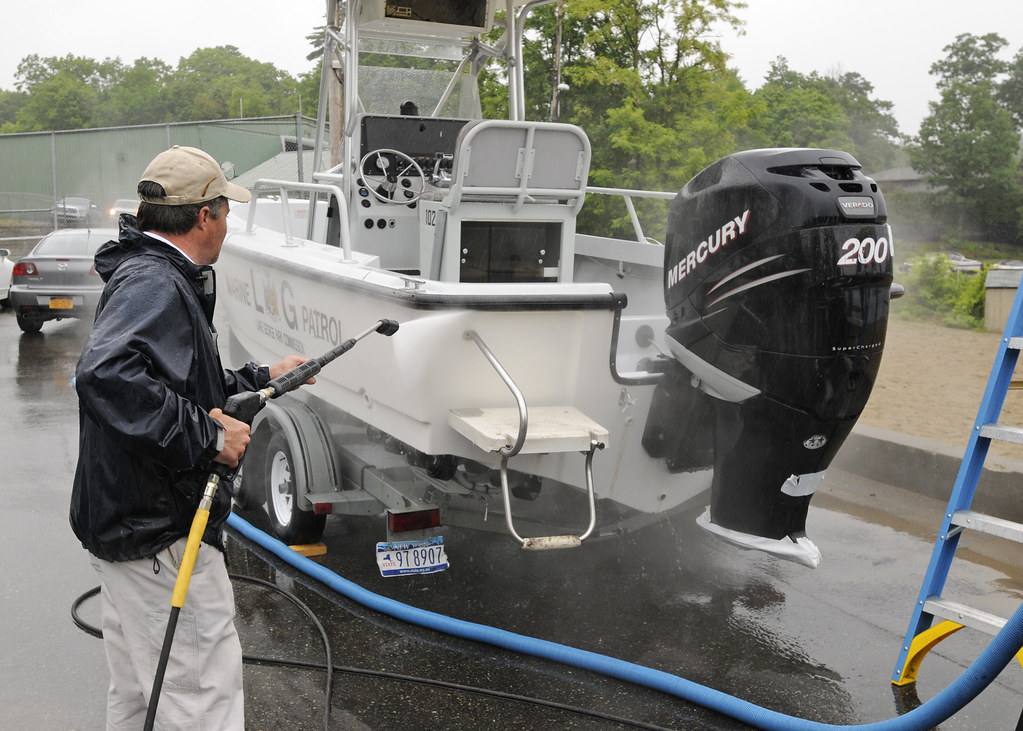
Specialized Trailer Types
Beyond the main categories, several specialized trailers serve specific industries and applications. A car hauler is a specialized trailer designed for transporting vehicles of various sizes, featuring rugged construction, easy loading, and securement options to ensure safe and reliable transport.
Lowboy Trailers
Lowboy trailers feature an extremely low deck height, making them ideal for hauling tall equipment while staying within height restrictions. They’re commonly used for transporting bulldozers, cranes, and other oversized machinery.
Car Trailers
Car trailers, also called car haulers, are designed specifically for transporting vehicles. They feature specialized tie-down systems and loading ramps to secure cars, trucks, and motorcycles safely. Car haulers are also suitable for transporting dirt bikes for recreational use.
Boat Trailers
Boat trailers are engineered to support and transport boats of various sizes. They include features like adjustable bunks, winch systems, and specialized lighting for water launch and retrieval.
Horse Trailers and Livestock Trailers
These specialized trailers provide safe, comfortable transport for animals. They include ventilation systems, non-slip flooring, and partitions to separate different animals.
Step Deck Trailers
Step deck trailers, also called drop deck trailers, feature a lower deck height in the rear portion, allowing for taller cargo while maintaining legal height limits.
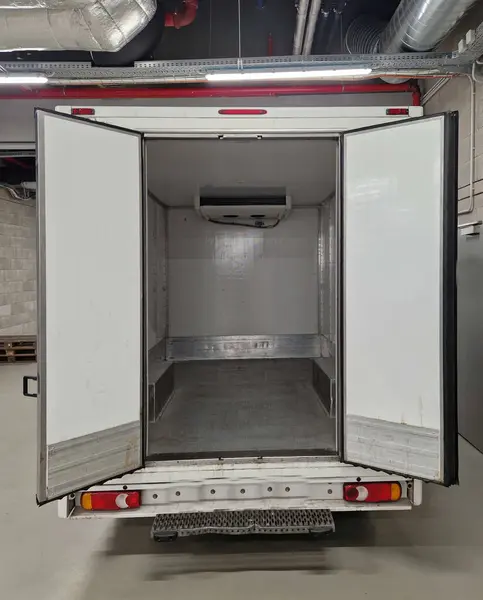
Trailer Materials and Construction
The materials and construction methods used in trailers have a direct impact on their strength, durability, and overall performance. Most trailers are built from steel, aluminum, or a combination of both, with some models incorporating wood for decking or side panels.
Steel trailers, such as many flatbed trailers and heavy duty equipment trailers, are prized for their exceptional strength and ability to handle large equipment and heavy loads. However, steel is heavier and can be prone to rust if not properly maintained.
Aluminum trailers, on the other hand, are much lighter and naturally resistant to corrosion, making them a popular choice for boat trailers and car trailers where weight savings and longevity are important. While aluminum may not match steel’s raw strength, advances in design and construction have made modern aluminum trailers highly capable for a wide range of applications.
The construction quality of a trailer—such as the design of the frame, the type of axles, and the suspension system—also plays a crucial role in determining weight capacity and how well the trailer handles rough terrain or heavy-duty use.
For example, a well-built equipment trailer with reinforced frames and heavy-duty axles can safely transport construction equipment or other large machinery, while a lighter boat trailer may prioritize easy towing and corrosion resistance.
When selecting a trailer, consider not only the material but also the build quality and intended use. A robust construction ensures your trailer can withstand the demands of your job, whether you’re hauling heavy equipment, transporting vehicles, or moving materials to and from the job site.

Choosing the Right Trailer for Your Needs
Selecting the best trailer depends on several factors:
Consider Your Towing Capacity
Your vehicle’s towing capacity determines the maximum weight you can safely pull. Never exceed your vehicle’s towing capacity, as this can lead to dangerous situations and mechanical damage.
Configuring your towing setup correctly is essential—always match the trailer, hitch, and vehicle to ensure safe, legal, and optimal towing performance.
Evaluate Your Cargo
Different materials and equipment require specific trailer types. Loose materials need dump trailers, while valuable items require enclosed protection.
Think About Frequency of Use
If you’ll use a trailer regularly, invest in higher-quality construction and additional safety features. For occasional use, a basic utility trailer might suffice.
Plan for Loading and Unloading
Consider how you’ll load and unload your cargo. Some trailers offer ramps, while others require cranes or forklifts. A bumper pull hitch is a common and reliable method for attaching smaller trailers to a truck, making it suitable for light-duty hauling.
Safety Features Across All Trailer Types
Regardless of the trailer type you choose, certain safety features are essential:
Lighting Systems
All trailers must have proper lighting, including brake lights, turn signals, and reflective materials for nighttime visibility.
Braking Systems
Heavier trailers require electric or hydraulic braking systems to ensure safe stopping distances.
Load Securement
Proper tie-down points and securement devices prevent cargo from shifting during transport. For certain heavy-duty trailers, the pintle hook is mounted to the truck’s rear bumper, providing a secure connection for hauling over rough terrain.
Regular Maintenance
Routine inspections of tires, brakes, lights, and hitch components ensure safe operation.

Trailer Maintenance and Inspection
Keeping your trailer in top condition is essential for safe and reliable operation, no matter what you’re hauling. Regular maintenance and thorough inspections help prevent breakdowns, extend the life of your trailer, and protect your investment.
Key maintenance tasks include checking tire pressure and tread, inspecting brakes and suspension components, lubricating moving parts, and cleaning the trailer to prevent rust and corrosion.
It’s also important to examine the trailer’s frame, axles, and hitch for signs of wear or damage. Addressing small issues early can prevent costly repairs and reduce the risk of accidents on the road.
Whether you’re using your trailer for hauling materials, transporting equipment, or moving livestock in stock trailers or livestock trailers, a well-maintained trailer ensures your cargo and tow vehicle remain safe.
Understanding your trailer’s weight capacity and your towing vehicle’s towing capacity is crucial for safe operation.
Overloading a trailer or exceeding your pickup truck’s limits can lead to dangerous situations and increased wear on both the trailer and the vehicle. Regularly reviewing safety features—such as lighting, brakes, and securement points—further enhances safety, especially when transporting equipment or recreational vehicles.
By following a consistent maintenance schedule and performing routine inspections, you can ensure your trailer is always ready for the next job, whether you’re towing with a pickup truck, semi-truck, or another vehicle.
This proactive approach not only keeps your trailer in optimal condition but also helps you choose the right trailer for your needs, ensuring compatibility, safety, and peace of mind on every haul.

Interstate Haulers: Your Transport Solution
When you need professional transport services, Interstate Haulers offers comprehensive solutions for all your hauling needs. With decades of experience and a vast network of trucks and experienced drivers nationwide, they specialize in:
Boat Transport Services
Interstate Haulers’ experienced fleet can haul boats with or without trailers to most destinations within the continental United States. Their boat transport team works with clients to develop logistical plans, coordinating pickup and delivery for seamless service.
RV and Travel Trailer Transport
With a variety of hauling options, Interstate Haulers transports virtually any type of RV, including motorhomes, towable RVs, fifth wheels, toy haulers, and pop-up trailers. Their network ensures reliable transport across the country.
Industrial Trailer Transport
Interstate Haulers has extensive experience transporting industrial trailers for various applications, serving markets including public utilities, FEMA disaster response, and other applications requiring reliable and rapid response.
What Sets Interstate Haulers Apart
Licensed Heavy Haul Drivers
All drivers are licensed and experienced in handling heavy loads safely and efficiently.
Nationwide Coverage
Their extensive network provides coverage across the continental United States.
Professional Service
Interstate Haulers maintains high standards of professionalism and customer service.
Safety and Compliance
They prioritize safety and maintain full regulatory compliance for all transport operations
Making the Right Choice for Your Hauling Needs
Selecting the right trailer involves understanding your specific needs, the types of materials you’ll be hauling, and the safety features required. Whether you need a flatbed for construction materials, an enclosed trailer for valuable cargo, or a specialized trailer for your boat or RV, knowing the options available is the first step.
For professional transport services, Interstate Haulers offers a vast network of trucks and experienced drivers nationwide, specializing in boat, RV, and industrial trailer transport. Their commitment to safety and regulatory compliance ensures your cargo arrives safely and on time.
Remember to prioritize safety features, consider your towing capacity, and choose quality construction that matches your usage requirements. With the right trailer and proper safety practices, you’ll be well-equipped to handle any hauling task safely and efficiently.
Ready to get started? Contact Interstate Haulers today for a free transport quote and experience the peace of mind that comes with professional hauling services.
